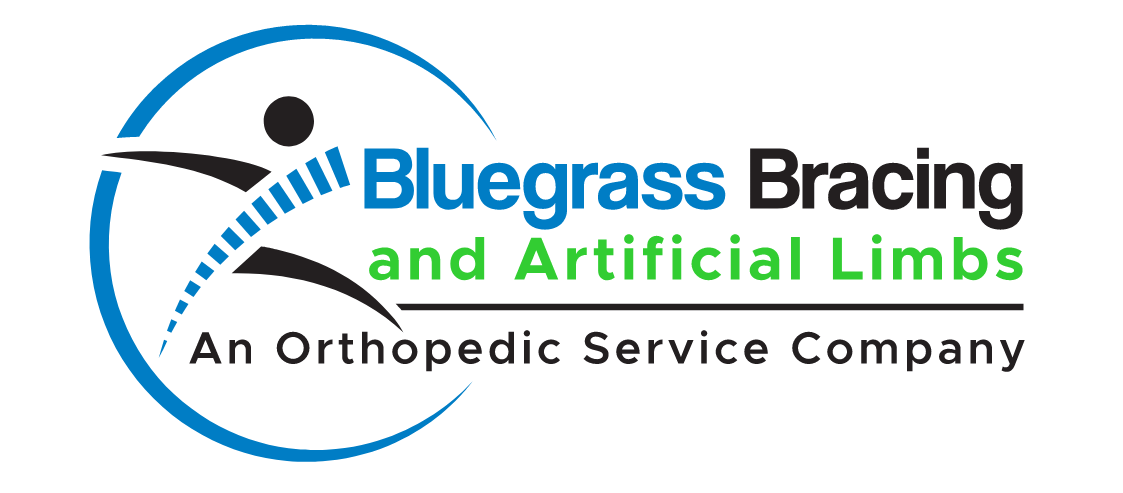The answer is yes, but sometimes no. There are several types of insurance that provide coverage for braces. Health insurance, auto insurance and worker’s compensation insurance are the three major payers that we encounter on a daily basis. Nearly all of the bracing services we offer need to be authorized in advance before we provide them to our patients. Also, Bluegrass Bracing needs to verify active coverage and make certain your insurance plan is in effect before we proceed with fitting you for a brace.
Upon receipt of your prescription, Bluegrass Bracing will check the benefits available to you from your insurance plan. Most braces require pre-certification and we have a team of dedicated professionals to perform that process. In order to pre-certify a brace, we will need to send several documents to your insurance company to be reviewed either by a nurse or a medical director. These documents may include office notes, CT or MRI reports, surgery notes, prescriptions and Certificates or Letters of Medical Necessity. Once we have approval to fit your for your brace, Bluegrass Bracing will explain to you your out-of-pocket costs. These costs are due to your particular insurance plan’s deductible or co-insurance amounts.
Braces are sometimes not covered for unusual reasons. Patients that move to Kentucky from other states sometimes do not have out-of-network benefits that include Bluegrass Bracing. Some patients have health insurance plans that simply do not offer DMEPOS (Durable Medical Equipment, Prosthetic and Orthotic Supplies) benefits. Finally, Medicare has a guideline called “The Same and Similar Rule” that allows for a patient to receive one diagnosis-specific brace every 5 years. For example, if you receive a prescription for a new knee brace, and you are not sure when you received your first knee brace, then Bluegrass Bracing will have to check with Medicare to make sure you have not received a “Same and Similar” brace within the last 5 years. If you have not received a brace, then the new knee brace will be covered by your Medicare insurance. If you have received a brace, then your Medicare insurance policy will most likely not pay for a new brace and you have the option to sign an ABN (Advanced Beneficiary Notice) and receive the brace.
Bluegrass Bracing’s medical billing team has a wealth of knowledge and experience in helping patients understand their insurance coverage. If you have a question at any time about what benefits are available to you and what your out-of-pocket costs are going to be, then please do not hesitate to contact our team for a complete explanation.
